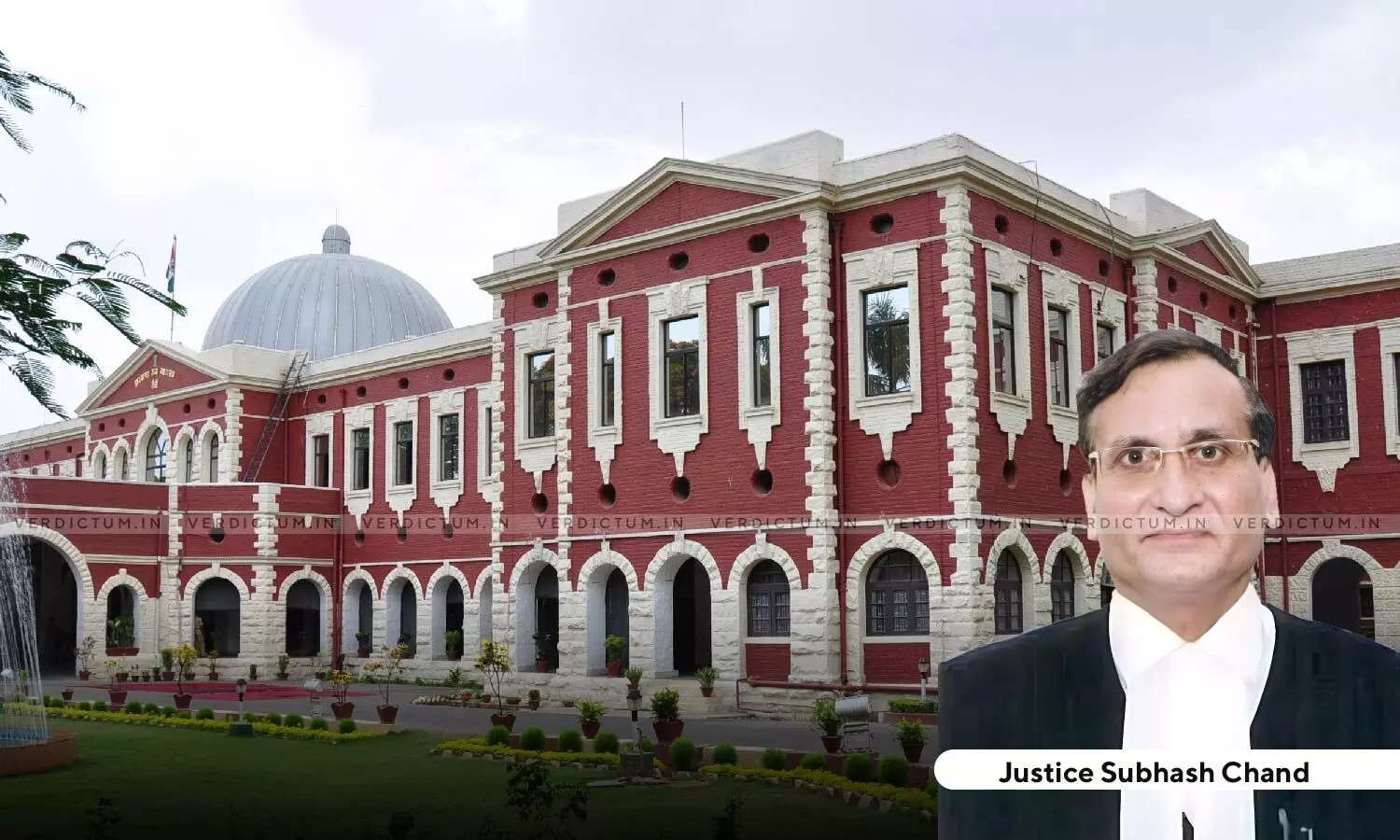
Police Officer Is Duty Bound To Enquire Into Matter Before Registering FIR During Discharge Of Official Duties: Jharkhand HC
 |
|The Jharkhand High Court in a rape case has observed that the police officer is duty bound to enquire into the matter before registering the FIR during discharge of his official duties.
An instant criminal revision was preferred against the order passed by the Additional Sessions Judge whereby the petition for discharge filed on behalf of the petitioner/accused was dismissed.
A Single Bench of Justice Subhash Chand held, “Herein it would be pertinent to mention that the accused is a public servant and while lodging F.I.R. against a public servant in regard to commission of any offence during discharge of his official duties, the police officer is duty bound to enquire into the matter before registering the F.I.R. The object behind this is only that there may not be frivolous or harassing allegations against any public servant with any ulterior motive or with any object of extortion.”
The Bench said that the Trial Court had erred while taking cognizance and also while disposing of the discharge application of the petitioner without looking into the provisions of Section 197 Cr.P.C.
Senior Advocate B.M. Tripathy represented the petitioner while APP Manoj Kumar Mishra and Advocate Afaque Ahmed represented the opposite parties.
In this case, the senior counsel for the petitioner submitted that the order passed by the Trial Court was erroneous in the eyes of law as well as on facts and that the Trial Court did not consider the allegations made against the petitioner which were far from truth. It was stated that the police after concluding the investigation had filed the Final Report against which the informant filed protest-cum-complaint petition and the Chief Judicial Magistrate took cognizance against the petitioner under Section 376 of the I.P.C. It was further submitted that against the order taking cognizance, the petitioner preferred a criminal miscellaneous petition before the High Court which was quashed vide and order and the matter was remanded to the Chief Judicial Magistrate with a direction to pass a fresh order in accordance with law.
It was further asserted that the trial court did not rely upon the medical evidence in which no sign of rape or injury i.e., external or internal over the body party of the victim was found. The trial court declined to allow the discharge application of the petitioner. Lastly, the senior counsel for the petitioner submitted that the informant stated in the F.I.R. that she reached at Sahebganj at 10:00 a.m. by Dhulian passenger train but as per certificate received from the Railway Station, the train on the very day of occurrence had reached to Sahebganj at 12:10 p.m. and it was not possible for the victim/informant to reach at the Employment Exchange Office at 1:00 p.m.
The High Court in view of the facts and circumstances of the case said, “In the case in hand, the police officer without making any inquiry in regard to the allegations made by the victim straightaway registered the F.I.R against the accused, though the investigating officer after concluding the inquiry found no charge against the accused and submitted the final report. But the learned S.D.J.M., Sahebganj took cognizance on the same under Section 190(1)(b) of the Cr.P.C. relying upon the testimony of the victim, her friend and peon as well.”
The Court further said that it is crystal clear that the Magistrate while taking cognizance or framing charge is required to direct the investigating officer of the case to obtain the prosecution sanction while disagreeing with the conclusion drawn by the I.O. during investigation.
“The object of prosecution sanction to a public servant is to protect the public servant discharging the official duties and functions free from the harassment by initiation of frivolous and retaliatory criminal proceedings. … In the case in hand, there is only statement of the victim in regard to commission of rape, who herself lodged the F.I.R. The contents of the F.I.R. is also at major variance with her restatement. In regard to phone call made by friend of victim on her phone, there is no CDR details”, also noted the Court.
The Court added that the F.I.R. was lodged without any prior enquiry and after investigation, the I.O. filed the final report and thereafter the court concerned took cognizance on the evidence collected by the I.O. It said that the Magistrate concerned had not taken into consideration that the requisite prosecution sanction under Section 197 Cr.P.C. was not obtained till date of framing charge.
Accordingly, the High Court allowed the criminal revision, set aside the impugned order, and discharged the petitioner/accused from the alleged offence.
Cause Title- Subodh Bara Babu @ Subodh Kumar Yadav v. The State of Jharkhand & Anr.